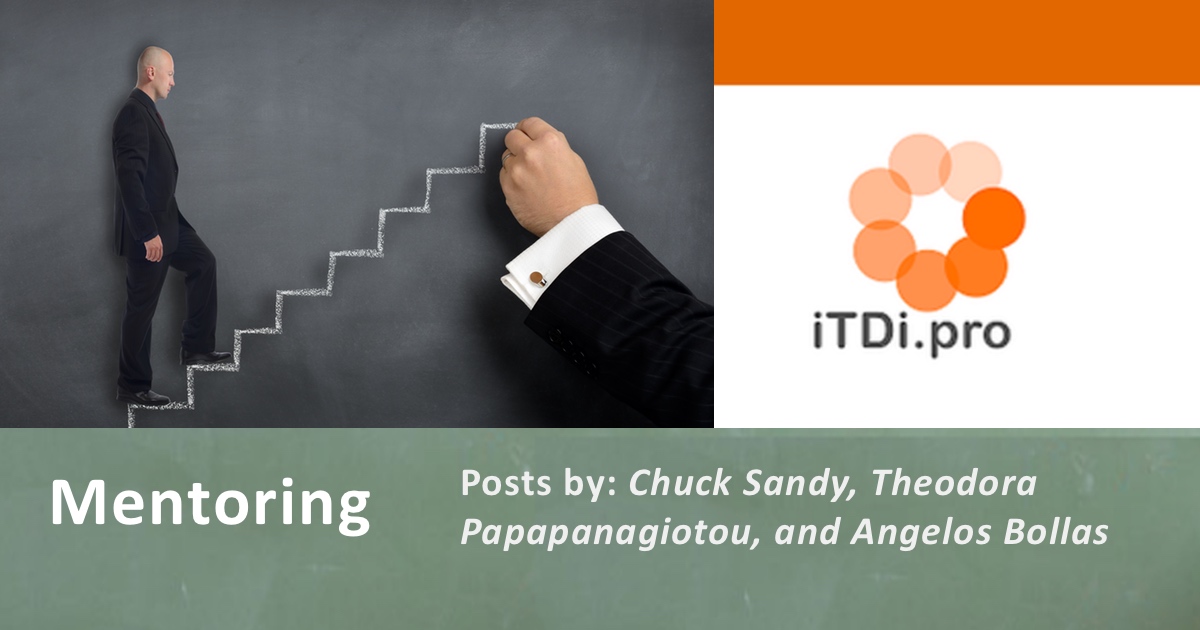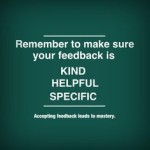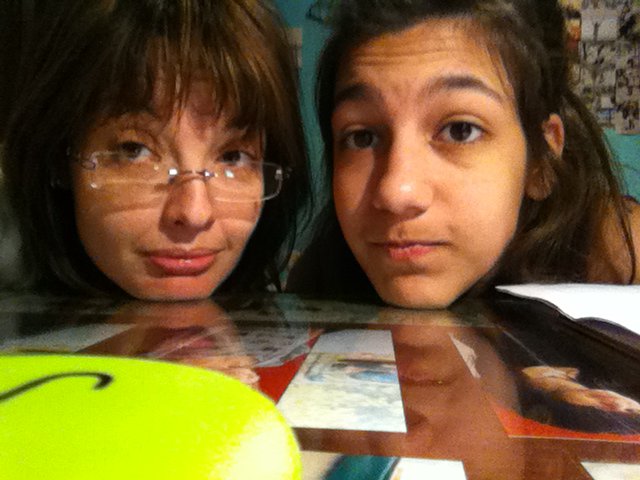
…Or what are the roles of teachers and what can we do to get better?
I am the one who is going to show you how to learn things. I am the one who is going to guide you while you are attempting to learn. I am the one who is going to provide a cosy environment for you to shine. I am the one who is going to set the limits and make you realise that life comes with responsibilities. I am the one who is going to lend a sympathetic ear when you are in trouble and get you back on track safe and sound. Wonder who I am? I’m your teacher!
Nowadays, more and more educators are coming to realize that there is more to being a teacher than just teach. Actually, they become aware of the ugly truth… that a teacher is the epitome of multitasking! Most teachers do not just enter the classroom carrying a book, preaching its holy content and cursing all those who do not abide.
Curious to find out what it takes to be a teacher nowadays? Grab your pen and start making a list!
A teacher is a person who has to keep up to date with what’s happening in the world, possess a vast knowledge about countries, politics, history, technology, and be ready to apply the acquired knowledge and adjust their work depending on the students they have in the classroom each time. An interest in lifelong learning and flexibility are the definitive characteristics of a modern teacher. Role: Source of Language and Knowledge
A teacher is a person who has to create their own materials or adapt the materials which they have to use according to the needs of their students. Scaffolding the learning process requires a lot of thorough planning and painful adaptation of materials, which automatically sets this process as the least favourite for many of us. Role: Facilitator of Learning
A teacher is a person who is going to set the standards against which the generation of tomorrow is going to be assessed. They are going to evaluate learners’ efforts, praise them or warn them, and get them to work harder to reach their full potential. Role: Assessor and Enabler
A teacher is a person who has to be the one to detect any early sign of learning difficulties or problems that may impede their learners’ progress. They are the ones to guide learners and parents and mitigate the problem. Role: Evaluator and Tension Relief Helper
A teacher is a person who has to run a variety of activities for their classes. They are responsible for taking initiative and running projects. Without the skills of organization and negotiation, they would not be able to make it through. Role: Manager and Leader
A teacher is a person who, under unfavourable circumstances, such as teaching in refugee camps, war zones or in areas that have been stricken by complete poverty, rises above and strives for the greater good and the welfare of society. Role: Source of Inspiration
A teacher is a person who has to learn how to handle different situations, deal with students’ problems, be there at any given time, understand, empathise, and take action. Role: Rapport Builder
The list could go on and on, but I need to draw the line and conclude. I know that sometimes money may not be enough, time may not be enough, resources may not be enough, and that your intrinsic motivation may not be enough. But you can only become better if you care about what you do. Teaching is a profession that centres around humans, hence the ability to empathise, communicate, inspire and lead can make a tremendous difference. Just remember that tomorrow is a new day. Do not endeavour to make a difference…BE that difference!
P.S. Sometimes we all get burnt out and find ourselves facing a block. I would like to thank my dear colleague and very good friend Theodore Lalos for his support and for taking the time to edit and even rewrite some parts of this article, enhancing it with his own ideas. It is not the first time he’s been helping me out and I know it is not going to be the last one. I hope I can be there for him when he needs it. That’s what being part of a community means to me!






